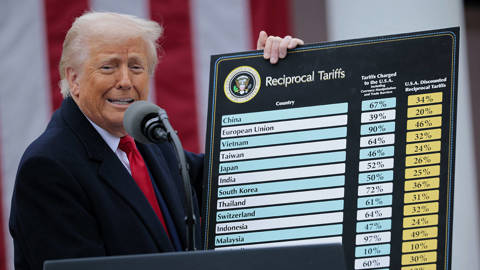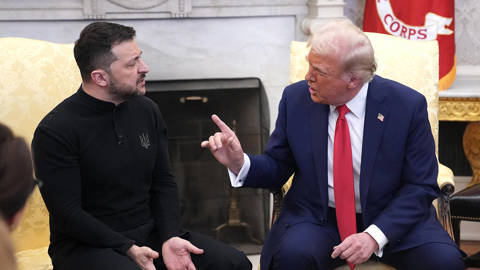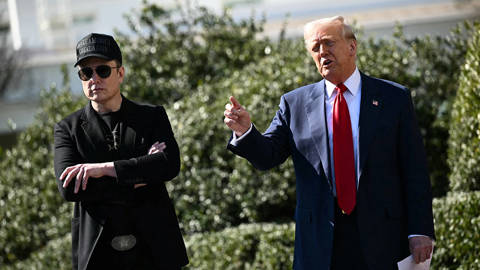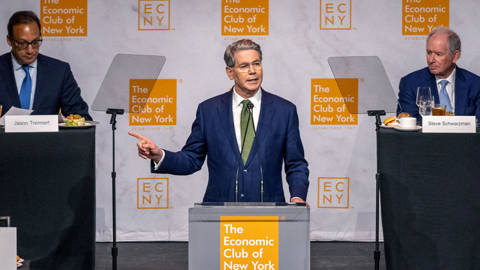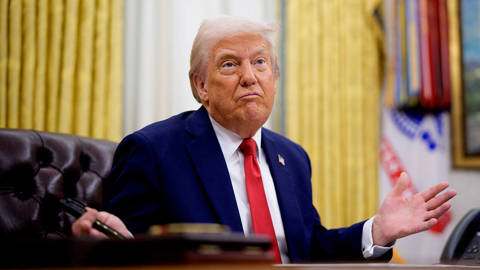Jason Furman
Jason Furman, a former chair of President Barack Obama’s Council of Economic Advisers, is Professor of the Practice of Economic Policy at Harvard University’s John F. Kennedy School of Government and Senior Fellow at the Peterson Institute for International Economics.
-
Why Is US Inflation Falling?

Why Is US Inflation Falling?
Aug 14, 2023 Jason Furman challenges the view that recent price and employment trends defy standard economic models.
-
The Trussonomics Warning
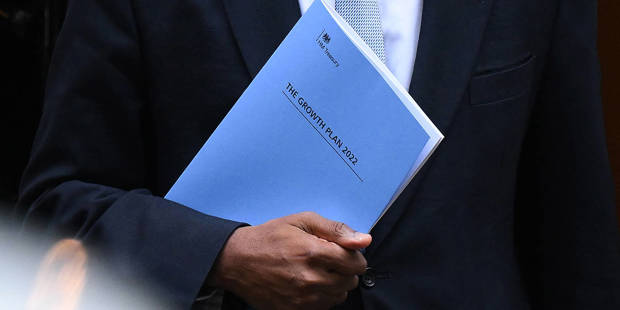
The Trussonomics Warning
Oct 4, 2022 Jason Furman explains why all policies intended to help one group must nowadays come at the expense of other groups.
-
America’s Wage-Price Persistence Must Be Stopped
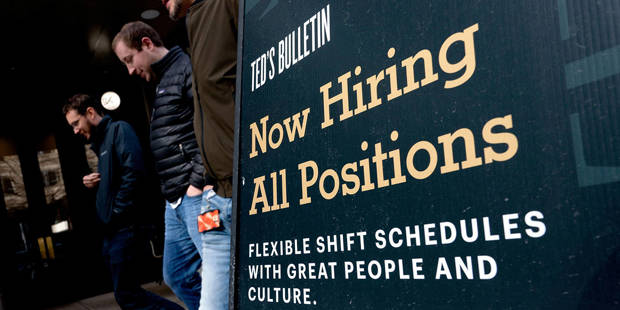
America’s Wage-Price Persistence Must Be Stopped
Aug 2, 2022 Jason Furman argues that the Federal Reserve should err on the side of doing too much, rather than too little.
-
Will US Consumers Keep Spending?
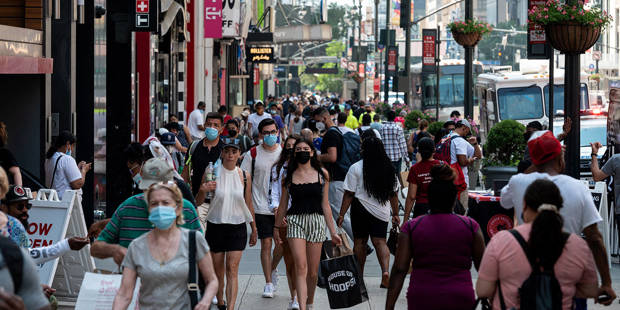
Will US Consumers Keep Spending?
May 31, 2022 Jason Furman explains why high inflation and declining real wages have not caused households to reduce their outlays.
-
This Inflation Is Demand-Driven and Persistent

This Inflation Is Demand-Driven and Persistent
Apr 20, 2022 Jason Furman emphasizes that all the stories about supply shortages cannot explain the economic big picture.


